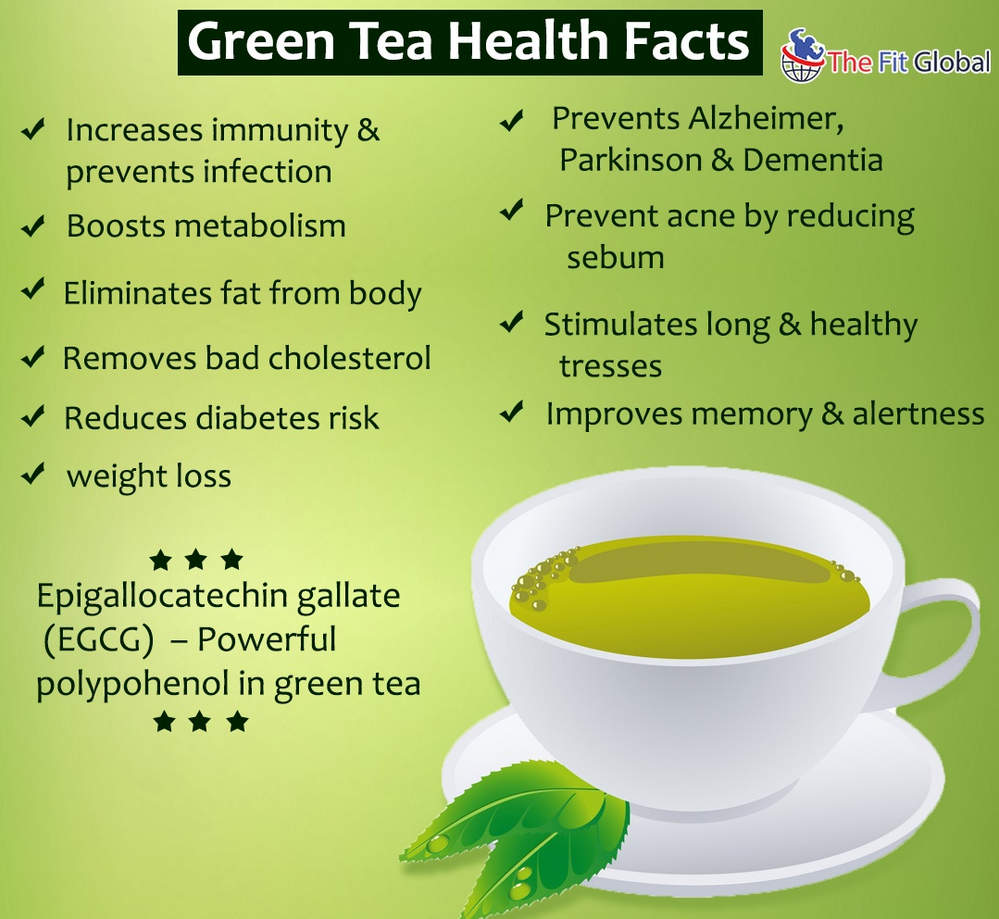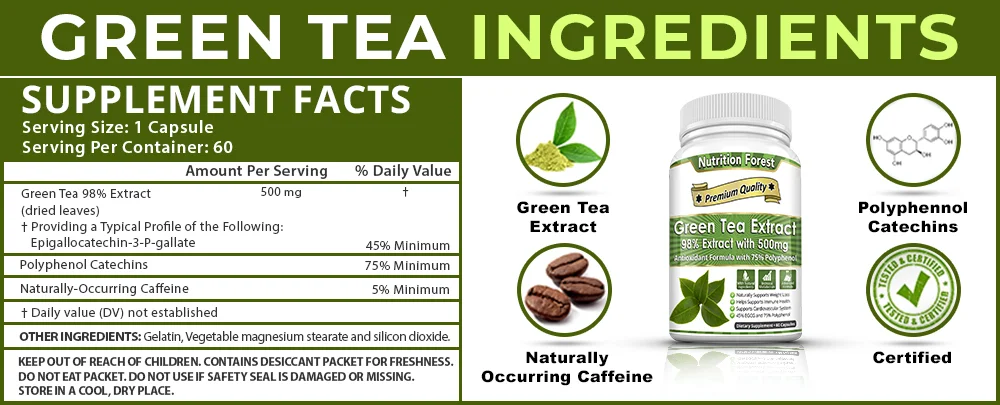Content Menu
● Introduction
● Understanding Green Tea Extract Composition
● Recommended Dosage Guidelines
● Safety Considerations and Upper Limits
● Factors Affecting Optimal Dosage
● Timing and Administration
● Potential Benefits at Different Dosage Levels
● Monitoring and Adjusting Dosage
● Special Populations and Considerations
● Conclusion
● Frequently Asked Questions
Introduction
Green tea extract has emerged as one of the most studied natural supplements in modern scientific research. This concentrated form of green tea has garnered significant attention for its potential health benefits and therapeutic applications. The extract, derived from Camellia sinensis leaves, contains powerful compounds called catechins, with epigallocatechin gallate (EGCG) being the most abundant and well-researched component. This comprehensive analysis explores the optimal dosage of green tea extract, considering various factors such as safety, efficacy, and individual health conditions.

Understanding Green Tea Extract Composition
Green tea extract is a concentrated form of the beneficial compounds found in green tea leaves. The primary active components include a family of polyphenols known as catechins, with EGCG being the most potent and abundant. These compounds are responsible for the extract's antioxidant properties and various health benefits. The standardization of green tea extract typically focuses on its EGCG content, which can vary significantly between different products and manufacturers.
Recommended Dosage Guidelines
The determination of optimal green tea extract dosage requires careful consideration of scientific evidence and safety parameters. Research has established several key guidelines for safe and effective supplementation. Based on extensive clinical studies and systematic reviews, the recommended daily intake varies depending on the intended use and individual factors. The consensus from multiple research studies suggests that a safe and effective daily intake should be carefully monitored, particularly when consuming concentrated forms of the extract.
Safety Considerations and Upper Limits
Safety is a paramount concern when determining appropriate green tea extract dosage. Scientific research has established important safety thresholds and potential risks associated with excessive consumption. The timing and method of intake also play crucial roles in safety considerations. It's particularly important to note that concentrated forms of green tea extract should be taken with meals rather than on an empty stomach to minimize potential adverse effects.

Factors Affecting Optimal Dosage
Several factors influence the optimal dosage of green tea extract for each individual. These include body weight, overall health status, existing medical conditions, and concurrent medication use. The purpose of supplementation also plays a crucial role in determining appropriate dosage levels. Whether the extract is being used for general health maintenance or specific therapeutic purposes will influence the recommended amount.
Timing and Administration
The timing of green tea extract consumption can significantly impact its effectiveness and safety profile. Research suggests that splitting the daily dose into multiple servings throughout the day may be more beneficial than taking a single large dose. Additionally, taking the extract with meals can help improve absorption and reduce the risk of adverse effects.
Potential Benefits at Different Dosage Levels
The benefits of green tea extract can vary depending on the dosage level and duration of use. Different health outcomes may require different dosage ranges for optimal results. Understanding these variations can help individuals and healthcare providers make informed decisions about supplementation strategies.
Monitoring and Adjusting Dosage
Regular monitoring is essential when taking green tea extract supplements. This includes paying attention to how your body responds to the supplement and making adjustments as needed. It's important to start with a lower dose and gradually increase it while monitoring for any adverse effects.

Special Populations and Considerations
Certain populations may require special consideration when determining green tea extract dosage. This includes pregnant women, elderly individuals, those with liver conditions, and people taking certain medications. These groups may need to adjust their dosage or avoid supplementation altogether.
Conclusion
The optimal dosage of green tea extract depends on various factors and should be approached with careful consideration of individual circumstances. While research supports its potential benefits, adherence to safety guidelines and proper dosing protocols is essential. Regular monitoring and consultation with healthcare providers can help ensure safe and effective supplementation.
Frequently Asked Questions
Q: What is the maximum safe daily dose of green tea extract?
A: According to systematic reviews, a safe intake level of 338 mg EGCG per day for adults has been established for green tea preparations taken as a solid bolus dose.
Q: Should green tea extract be taken with food?
A: Yes, it is recommended to take green tea extract with meals to minimize potential adverse effects and improve absorption.
Q: How long does it take to see benefits from green tea extract supplementation?
A: The timeline for benefits can vary depending on the intended outcome, but most studies show effects within 8-12 weeks of consistent use.
Q: Can green tea extract interact with medications?
A: Yes, green tea extract can interact with various medications, particularly those metabolized by the liver. Consultation with a healthcare provider is essential.
Q: What are the signs that I should reduce my green tea extract dosage?
A: Signs to watch for include digestive discomfort, jitteriness, sleep disturbances, or any unusual symptoms. If these occur, reduce dosage and consult a healthcare provider.






























